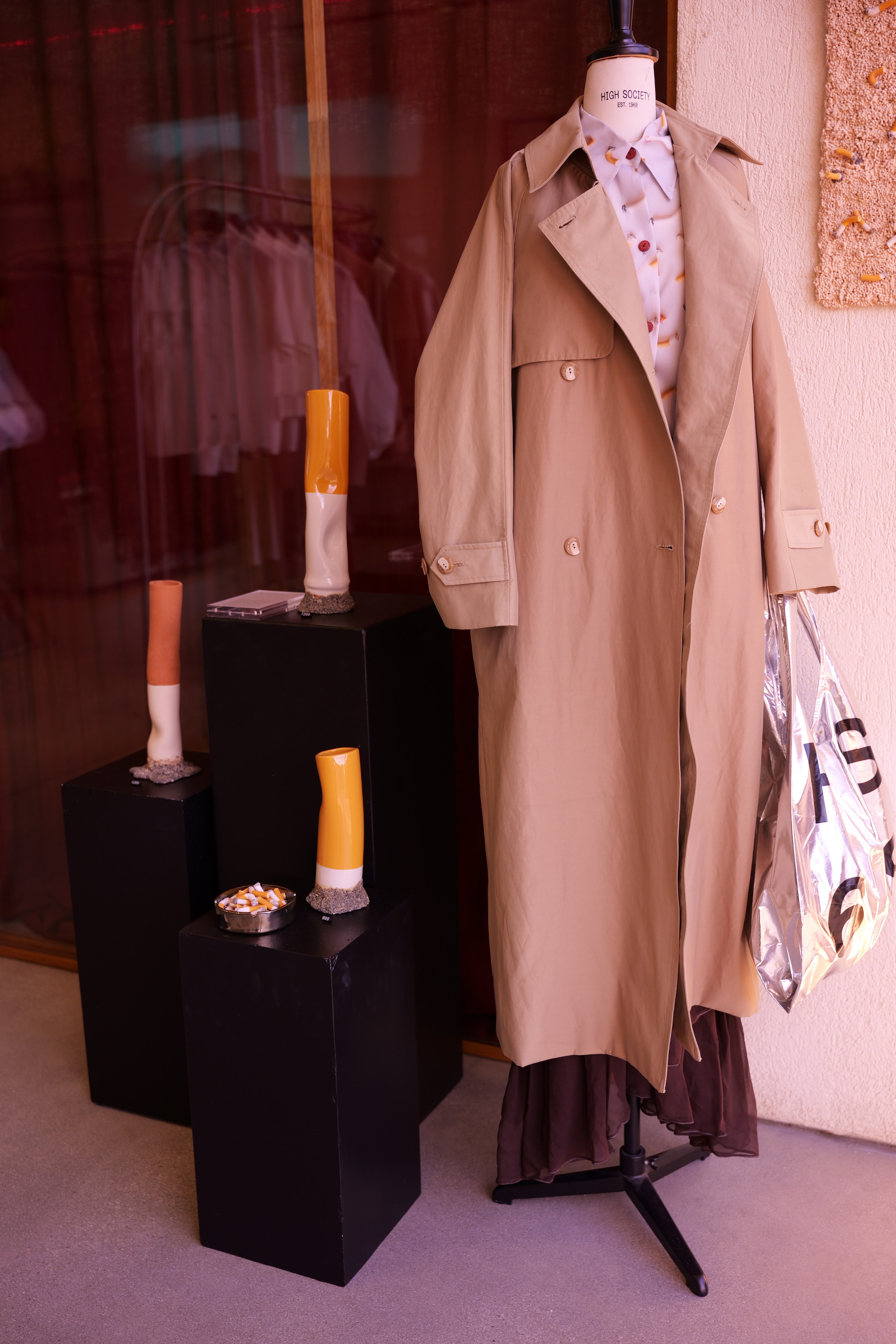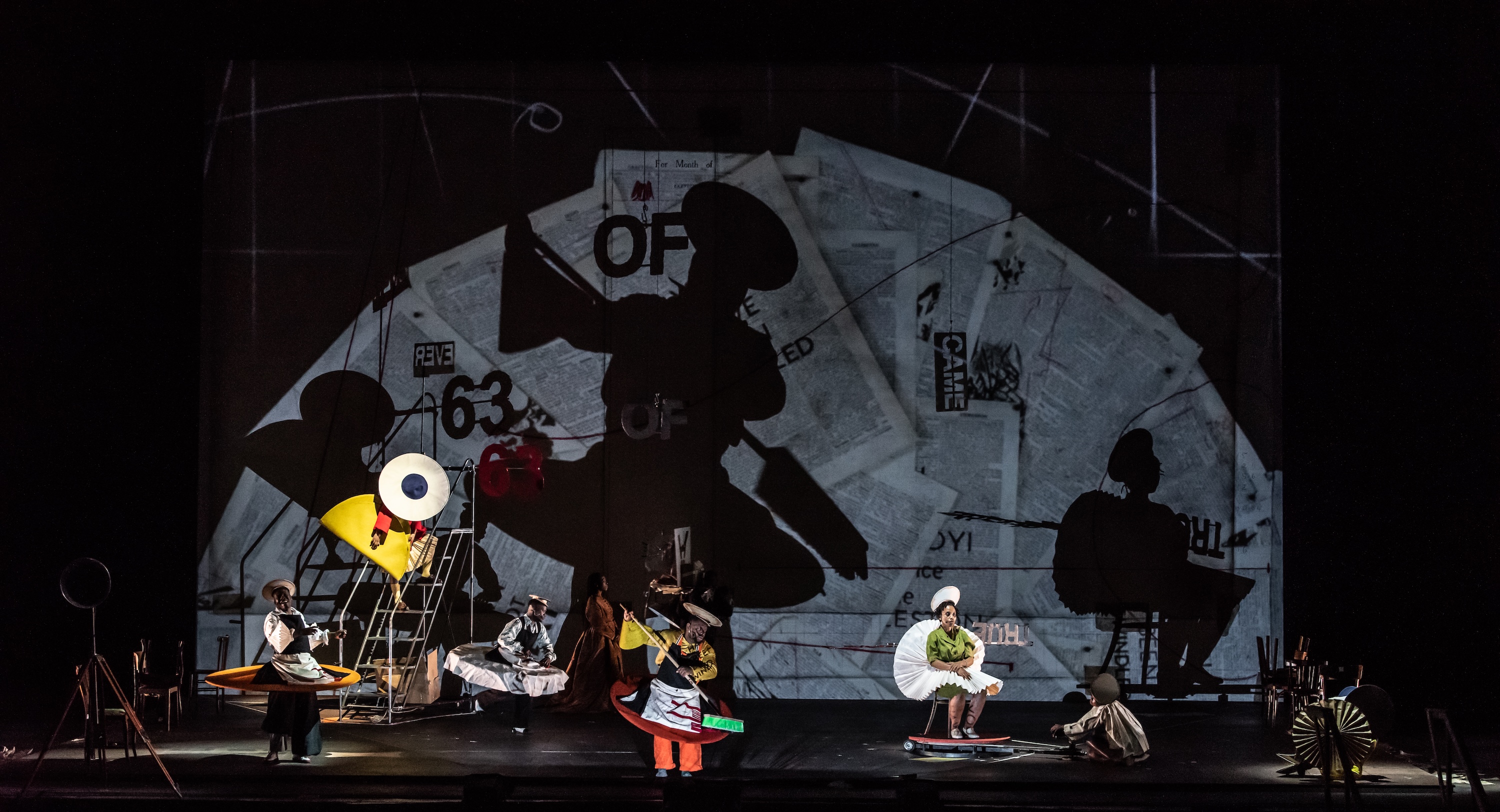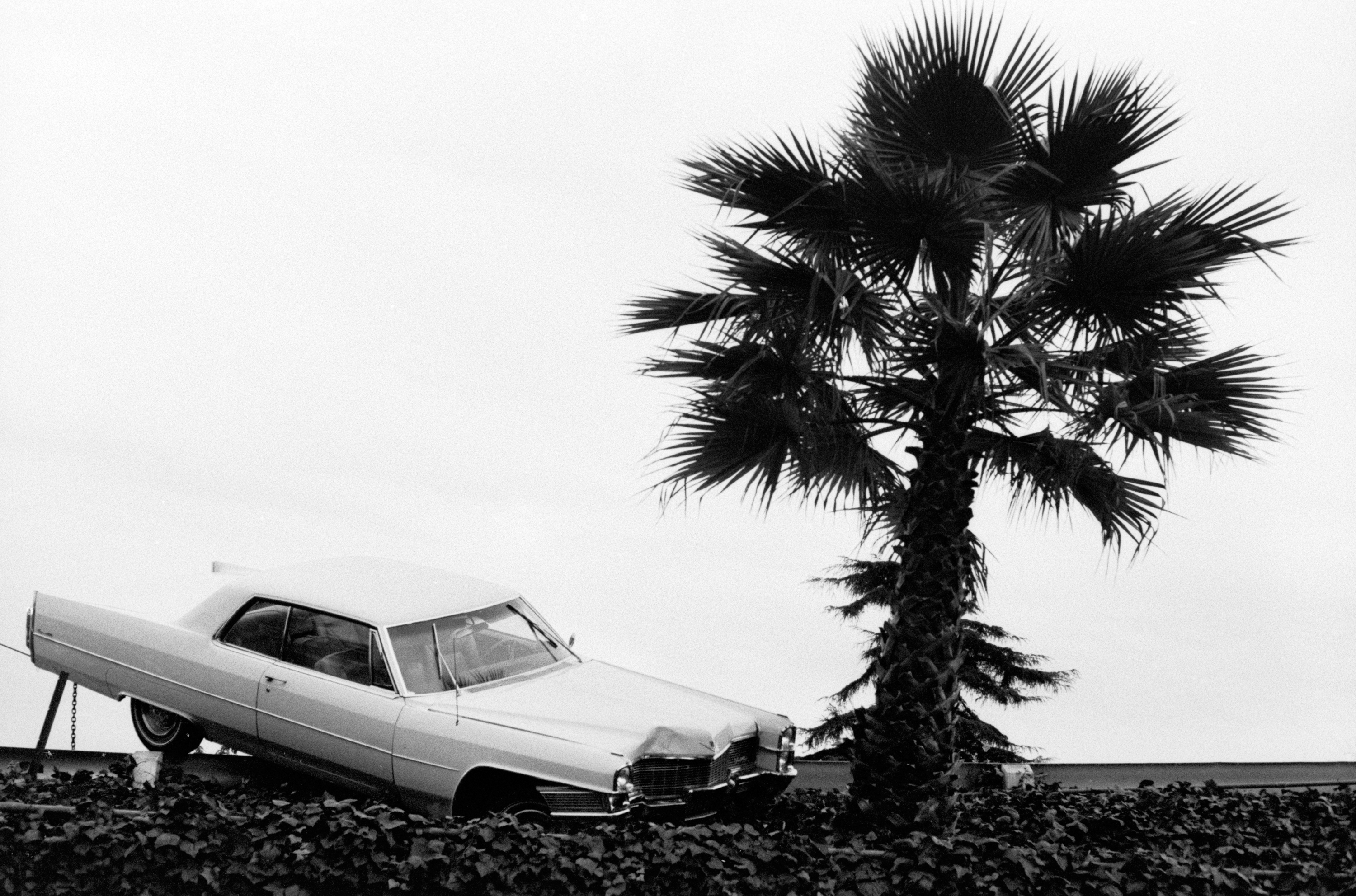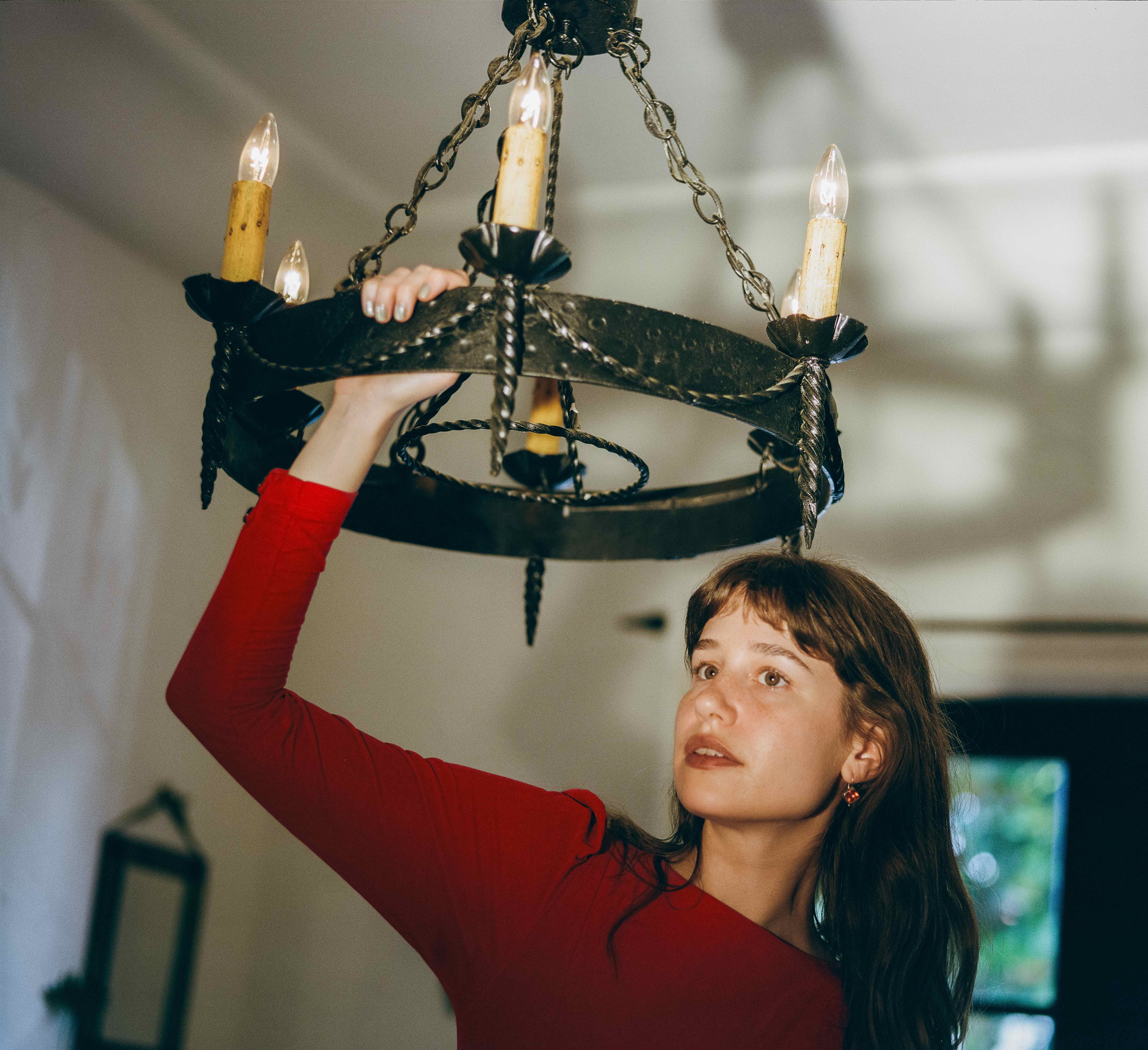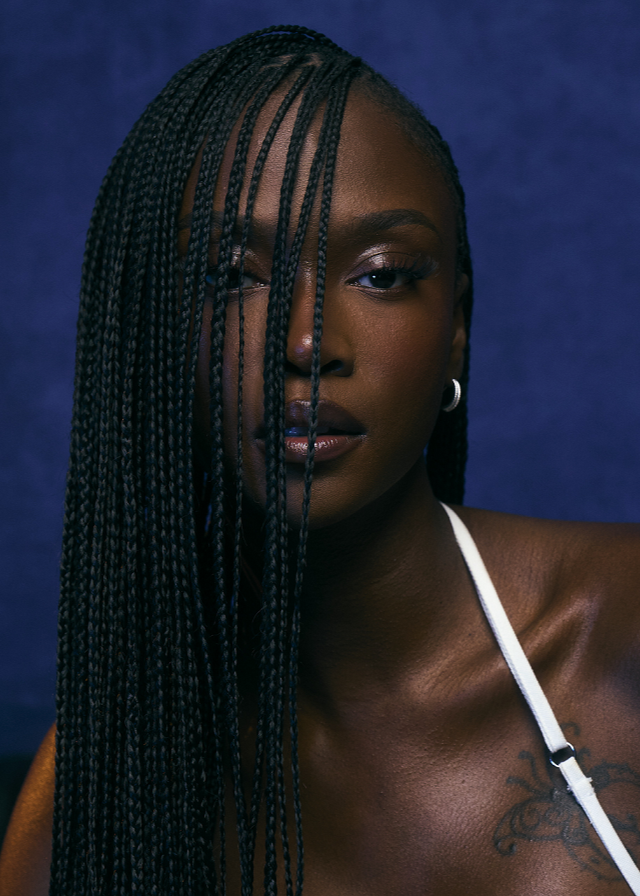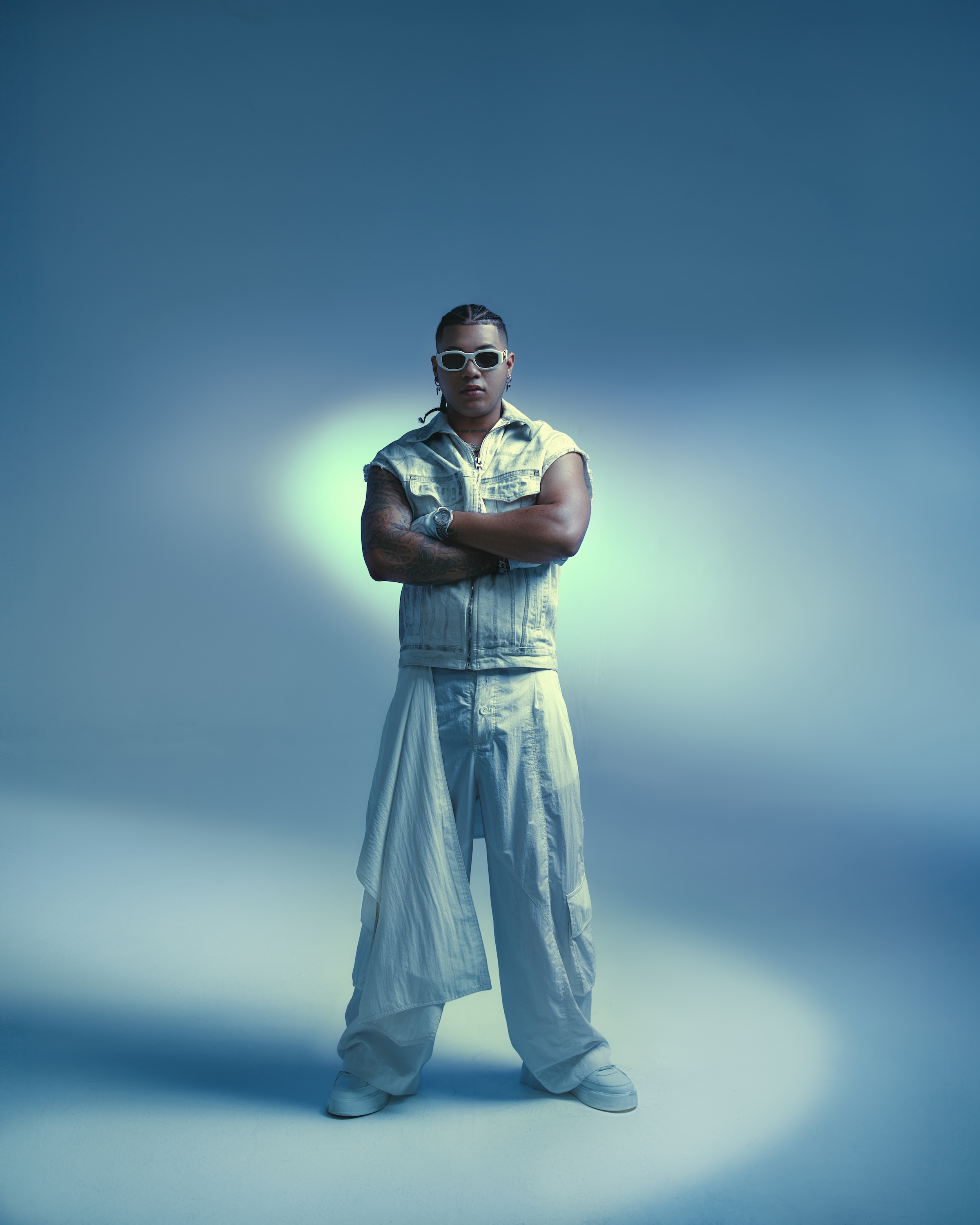

“I want to be the most ‘human’ band on the planet.”
Nick Brown’s clear voice jumps out of the phone at me. His raw, frank style of conversing coming through loud and clear over my tiny speaker. I question the lead singer of rock band MONA on his statement; are the rest of the bands on planet Earth only ‘partly’ human or are aliens starting to take over finally? “There’s this cliche that’s been huge in the last five, ten years that everyone is marketing themselves as a brand and I think we’ve punched ourselves in the brain so much that we don’t identify as human beings,” Brown says. “We’re a brand and here’s our followers and here’s our mission statement and here’s our marketing campaign and we forget ‘oh, I’m just a person.’”
For Brown, it’s never been about success. Sure, it’s a nice benefit, and MONA has been with a major label and a major management, but to Brown it was all (and I quote directly) “major bullshit.” And after my 20 plus minute conversation with the singer, I knew that Brown tolerated zero bullshit. As an alternative rock band, the cast of MONA was constantly evolving and Brown felt that it was time to rediscover the wheel of sorts with their new album, _Soldier On,_ released in June of this year.
“Whether things are good or bad, everything is temporary,” Brown says, explaining the title of the 10 track album. “It’s about recognizing that and enjoying the ups and downs and falling back in love with the process of making music. We took some time to reinvent what we wanted to sound like, what we wanted to do.”
For several years, MONA took the time to figure out where their next chapter of music would begin. Brown was their master painter, spending hours just sitting in the studio with a bunch of musical ‘colors’ on a palette, worrying about using them up before they dried. The result? A well-constructed mural of an album that almost didn’t happen. Other members of the band were fine with leaving MONA where it was at the end of their 2016 EP, _In the Middle_. But then Brown wrote the title track where the first line read, “soldier on, push on through even if they laugh at you.” MONA was not dead to him yet.
“That song sparked a lot of energy,” Brown says, reminiscing. “We thought, ‘there’s more in the tank, so let’s keep going.’”


As any alt. rock band coming out of the 90s era will tell you, MONA was affected by bands like Nirvana and Linkin Park, not wanting their own spotlight to become too colossus.
“A lot of times artists live in fantasy, but when those start manifesting into your life, they don’t necessarily scratch all the itches you thought they might,” Brown says. “It’s very easy to see why people turn to drugs and alcohol because things don’t feel like you thought they would.”
For Brown, it all circles back to the basic responsibility of being human and the ever difficult struggle of connecting with other humans. In their first single of the album, “Kiss Like a Woman,” it was paramount to the white, straight guys from Tennessee to connect with their audience. They were forming a brand: Leather jacket wearing dudes who liked whiskey and chicks, not exactly what Brown and company were going for. Rather, the “Kiss Like a Woman_”_ music video starred a teenage straight couple, an older gay couple, and a hot, biker-chick lesbian couple, all beautifully making out to the lyrics, “Let them see us taking a stand, living loud until they understand.”
“I say this all the time, but I don’t care who you pray to, who you fuck, what color you are — you’re good in our book,” Brown says. “To make a band more human, you have to be a better human and you have to be responsible for the people you’re around, for the way you talk to people, the way you treat animals, what you fucking eat, what you wear — everything is connected.”
Brown pauses on the phone, taking a minute to apologize for being ‘crazy hippy,’ but it’s become clear to me just how many aliens live on our planet, and not real, genuine humans, and I think for a brief second — am I an alien interviewing a human?


I shake off this thought and focus my antennas back toward Brown. Three things stick out that I’ve discovered about my specimen, the creator of MONA. One. He has no plan B; being in a band and creating music is all he wants to do in life. Two. He’s a momma’s boy and has a strong connection to family, naming his band after his grandmother. Three. Both of our grandmothers died of the same, horrid disease: Alzheimer’s.
“She was the musical force,” Brown says, describing his great muse who passed away when he was just a teenager. “She played piano and organ and we were raised in church, the same denomination as Elvis Presley and Jerry Lee Lewis, so music was constant and the women were strong. My grandfather was the pastor that led worship, but there was just a deeper strength in the music.”
Although raised in the Christian faith, Brown has his own complex belief system now, retaining the melodies rather than the parables of his church going days. I ask what his grandmother would have to say to him now and he replies simply, “She’d be proud of me — not of everything I’ve done, of course, but she would be proud of where I’ve made it.”
However, ‘making it’ is not Brown’s motivation. It all comes back to that ‘crazy hippy’ concept of being human, of being 100 percent honest, sans labels, boxes, and all that other identity bullshit.
“As artists we have a responsibility to be honest and then after that, it’s not ours to worry about. When things are so heavily fabricated, it takes away some of the magic. I don’t know what the fuck Bob Dylan is talking about half the time, but I have a million things in my head that he’s saying for me and I think that’s the way it should be,” Brown says. “When I look at a great painting I don’t care where their headspace was when they did it, I care where mine is when I’m looking at it.”
* * *
Photographed by Jake Harrison
 
“I want to be the most ‘human’ band on the planet.”
Nick Brown’s clear voice jumps out of the phone at me. His raw, frank style of conversing coming through loud and clear over my tiny speaker. I question the lead singer of rock band MONA on his statement; are the rest of the bands on planet Earth only ‘partly’ human or are aliens starting to take over finally? “There’s this cliche that’s been huge in the last five, ten years that everyone is marketing themselves as a brand and I think we’ve punched ourselves in the brain so much that we don’t identify as human beings,” Brown says. “We’re a brand and here’s our followers and here’s our mission statement and here’s our marketing campaign and we forget ‘oh, I’m just a person.’”
For Brown, it’s never been about success. Sure, it’s a nice benefit, and MONA has been with a major label and a major management, but to Brown it was all (and I quote directly) “major bullshit.” And after my 20 plus minute conversation with the singer, I knew that Brown tolerated zero bullshit. As an alternative rock band, the cast of MONA was constantly evolving and Brown felt that it was time to rediscover the wheel of sorts with their new album, _Soldier On,_ released in June of this year.
“Whether things are good or bad, everything is temporary,” Brown says, explaining the title of the 10 track album. “It’s about recognizing that and enjoying the ups and downs and falling back in love with the process of making music. We took some time to reinvent what we wanted to sound like, what we wanted to do.”
For several years, MONA took the time to figure out where their next chapter of music would begin. Brown was their master painter, spending hours just sitting in the studio with a bunch of musical ‘colors’ on a palette, worrying about using them up before they dried. The result? A well-constructed mural of an album that almost didn’t happen. Other members of the band were fine with leaving MONA where it was at the end of their 2016 EP, _In the Middle_. But then Brown wrote the title track where the first line read, “soldier on, push on through even if they laugh at you.” MONA was not dead to him yet.
“That song sparked a lot of energy,” Brown says, reminiscing. “We thought, ‘there’s more in the tank, so let’s keep going.’”

“I want to be the most ‘human’ band on the planet.”
Nick Brown’s clear voice jumps out of the phone at me. His raw, frank style of conversing coming through loud and clear over my tiny speaker. I question the lead singer of rock band MONA on his statement; are the rest of the bands on planet Earth only ‘partly’ human or are aliens starting to take over finally? “There’s this cliche that’s been huge in the last five, ten years that everyone is marketing themselves as a brand and I think we’ve punched ourselves in the brain so much that we don’t identify as human beings,” Brown says. “We’re a brand and here’s our followers and here’s our mission statement and here’s our marketing campaign and we forget ‘oh, I’m just a person.’”
For Brown, it’s never been about success. Sure, it’s a nice benefit, and MONA has been with a major label and a major management, but to Brown it was all (and I quote directly) “major bullshit.” And after my 20 plus minute conversation with the singer, I knew that Brown tolerated zero bullshit. As an alternative rock band, the cast of MONA was constantly evolving and Brown felt that it was time to rediscover the wheel of sorts with their new album, _Soldier On,_ released in June of this year.
“Whether things are good or bad, everything is temporary,” Brown says, explaining the title of the 10 track album. “It’s about recognizing that and enjoying the ups and downs and falling back in love with the process of making music. We took some time to reinvent what we wanted to sound like, what we wanted to do.”
For several years, MONA took the time to figure out where their next chapter of music would begin. Brown was their master painter, spending hours just sitting in the studio with a bunch of musical ‘colors’ on a palette, worrying about using them up before they dried. The result? A well-constructed mural of an album that almost didn’t happen. Other members of the band were fine with leaving MONA where it was at the end of their 2016 EP, _In the Middle_. But then Brown wrote the title track where the first line read, “soldier on, push on through even if they laugh at you.” MONA was not dead to him yet.
“That song sparked a lot of energy,” Brown says, reminiscing. “We thought, ‘there’s more in the tank, so let’s keep going.’”
 
As any alt. rock band coming out of the 90s era will tell you, MONA was affected by bands like Nirvana and Linkin Park, not wanting their own spotlight to become too colossus.
“A lot of times artists live in fantasy, but when those start manifesting into your life, they don’t necessarily scratch all the itches you thought they might,” Brown says. “It’s very easy to see why people turn to drugs and alcohol because things don’t feel like you thought they would.”
For Brown, it all circles back to the basic responsibility of being human and the ever difficult struggle of connecting with other humans. In their first single of the album, “Kiss Like a Woman,” it was paramount to the white, straight guys from Tennessee to connect with their audience. They were forming a brand: Leather jacket wearing dudes who liked whiskey and chicks, not exactly what Brown and company were going for. Rather, the “Kiss Like a Woman_”_ music video starred a teenage straight couple, an older gay couple, and a hot, biker-chick lesbian couple, all beautifully making out to the lyrics, “Let them see us taking a stand, living loud until they understand.”
“I say this all the time, but I don’t care who you pray to, who you fuck, what color you are — you’re good in our book,” Brown says. “To make a band more human, you have to be a better human and you have to be responsible for the people you’re around, for the way you talk to people, the way you treat animals, what you fucking eat, what you wear — everything is connected.”
Brown pauses on the phone, taking a minute to apologize for being ‘crazy hippy,’ but it’s become clear to me just how many aliens live on our planet, and not real, genuine humans, and I think for a brief second — am I an alien interviewing a human?

As any alt. rock band coming out of the 90s era will tell you, MONA was affected by bands like Nirvana and Linkin Park, not wanting their own spotlight to become too colossus.
“A lot of times artists live in fantasy, but when those start manifesting into your life, they don’t necessarily scratch all the itches you thought they might,” Brown says. “It’s very easy to see why people turn to drugs and alcohol because things don’t feel like you thought they would.”
For Brown, it all circles back to the basic responsibility of being human and the ever difficult struggle of connecting with other humans. In their first single of the album, “Kiss Like a Woman,” it was paramount to the white, straight guys from Tennessee to connect with their audience. They were forming a brand: Leather jacket wearing dudes who liked whiskey and chicks, not exactly what Brown and company were going for. Rather, the “Kiss Like a Woman_”_ music video starred a teenage straight couple, an older gay couple, and a hot, biker-chick lesbian couple, all beautifully making out to the lyrics, “Let them see us taking a stand, living loud until they understand.”
“I say this all the time, but I don’t care who you pray to, who you fuck, what color you are — you’re good in our book,” Brown says. “To make a band more human, you have to be a better human and you have to be responsible for the people you’re around, for the way you talk to people, the way you treat animals, what you fucking eat, what you wear — everything is connected.”
Brown pauses on the phone, taking a minute to apologize for being ‘crazy hippy,’ but it’s become clear to me just how many aliens live on our planet, and not real, genuine humans, and I think for a brief second — am I an alien interviewing a human?
 
I shake off this thought and focus my antennas back toward Brown. Three things stick out that I’ve discovered about my specimen, the creator of MONA. One. He has no plan B; being in a band and creating music is all he wants to do in life. Two. He’s a momma’s boy and has a strong connection to family, naming his band after his grandmother. Three. Both of our grandmothers died of the same, horrid disease: Alzheimer’s.
“She was the musical force,” Brown says, describing his great muse who passed away when he was just a teenager. “She played piano and organ and we were raised in church, the same denomination as Elvis Presley and Jerry Lee Lewis, so music was constant and the women were strong. My grandfather was the pastor that led worship, but there was just a deeper strength in the music.”
Although raised in the Christian faith, Brown has his own complex belief system now, retaining the melodies rather than the parables of his church going days. I ask what his grandmother would have to say to him now and he replies simply, “She’d be proud of me — not of everything I’ve done, of course, but she would be proud of where I’ve made it.”
However, ‘making it’ is not Brown’s motivation. It all comes back to that ‘crazy hippy’ concept of being human, of being 100 percent honest, sans labels, boxes, and all that other identity bullshit.
“As artists we have a responsibility to be honest and then after that, it’s not ours to worry about. When things are so heavily fabricated, it takes away some of the magic. I don’t know what the fuck Bob Dylan is talking about half the time, but I have a million things in my head that he’s saying for me and I think that’s the way it should be,” Brown says. “When I look at a great painting I don’t care where their headspace was when they did it, I care where mine is when I’m looking at it.”
* * *
Photographed by Jake Harrison

I shake off this thought and focus my antennas back toward Brown. Three things stick out that I’ve discovered about my specimen, the creator of MONA. One. He has no plan B; being in a band and creating music is all he wants to do in life. Two. He’s a momma’s boy and has a strong connection to family, naming his band after his grandmother. Three. Both of our grandmothers died of the same, horrid disease: Alzheimer’s.
“She was the musical force,” Brown says, describing his great muse who passed away when he was just a teenager. “She played piano and organ and we were raised in church, the same denomination as Elvis Presley and Jerry Lee Lewis, so music was constant and the women were strong. My grandfather was the pastor that led worship, but there was just a deeper strength in the music.”
Although raised in the Christian faith, Brown has his own complex belief system now, retaining the melodies rather than the parables of his church going days. I ask what his grandmother would have to say to him now and he replies simply, “She’d be proud of me — not of everything I’ve done, of course, but she would be proud of where I’ve made it.”
However, ‘making it’ is not Brown’s motivation. It all comes back to that ‘crazy hippy’ concept of being human, of being 100 percent honest, sans labels, boxes, and all that other identity bullshit.
“As artists we have a responsibility to be honest and then after that, it’s not ours to worry about. When things are so heavily fabricated, it takes away some of the magic. I don’t know what the fuck Bob Dylan is talking about half the time, but I have a million things in my head that he’s saying for me and I think that’s the way it should be,” Brown says. “When I look at a great painting I don’t care where their headspace was when they did it, I care where mine is when I’m looking at it.”
* * *
Photographed by Jake Harrison
